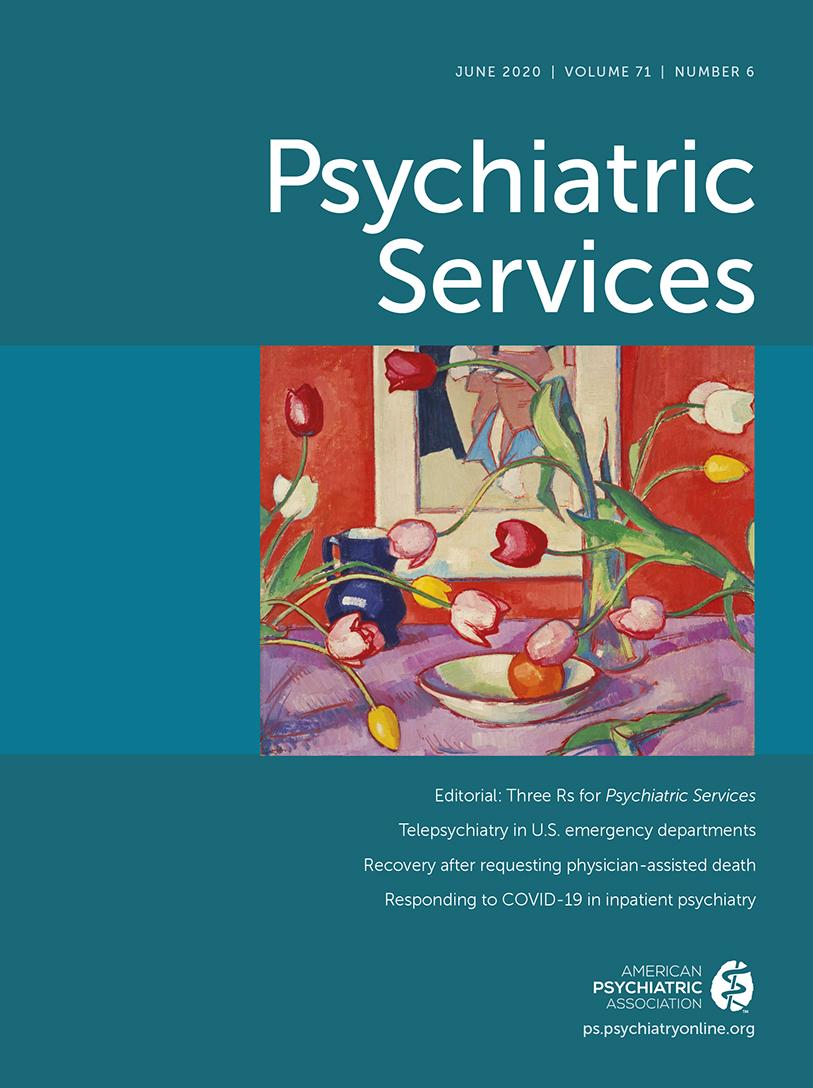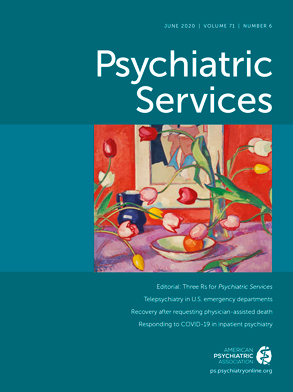In today’s digital age, there has been an increase in problematic interactive media use (PIMU), which refers to the unrestrained use of interactive screen media, affecting the individual’s physical, psychological, or social health in profound ways. Despite the rapid increase in youths engaging in PIMU, evaluation and availability of treatment programs remain limited.
In an urban primary care setting in Boston, a city with broad cultural and socioeconomic diversity, there has been a significant increase in patients presenting with PIMU but there are few clinical resources available to them. This growing public health concern led to the inception of the Clinic for Interactive Media and Internet Disorders (CIMAID). CIMAID is an innovative, multidisciplinary service designed to fill the research, education, and clinical care needs arising from the evolving set of PIMU presentations. The clinic is made up of a team of clinicians, an adolescent medicine primary care physician, a psychologist, and a psychiatrist. The overall mission of CIMAID is to help adolescents and young adults reduce the negative consequences of PIMU and adopt sustainable, healthy lifestyle behaviors through personalized medical and mental health counseling.
Patients receive a comprehensive evaluation by a mental health clinician of their media use behaviors; mental health; and general medical, educational, family, and social histories. Detailed information is acquired about preferred media platforms, types of interactive media use (e.g., gaming, social media, information bingeing), and frequency and function of the use. Prior to their clinical interview, youths and caregivers are provided with online and in-person structured assessment measures to establish a baseline objective measure of PIMU and to provide global mental health assessment.
After the initial evaluation appointment is completed, patient cases are reviewed at a multidisciplinary team meeting, which focuses on discussing biopsychosocial formulations along with treatment recommendations, including but not limited to biological interventions, such as psychiatric medication, psychotherapy recommendations, school recommendations, and parent guidance and resources (e.g., Center on Media and Child Health;
www.cmch.tv). This information is subsequently provided during a follow-up appointment when a physician also meets with patients for further medical consultation and for motivational enhancement in preparation for intervention. Consultation and treatment recommendations can also be provided remotely to accommodate patients residing more than 60 miles away. If feasible and appropriate in terms of the acuity of PIMU and distance to the clinic, the patient can also engage in a PIMU-adapted dialectical behavior therapy (DBT) intervention in CIMAID (10 sessions). The objective of PIMU treatment at CIMAID is not abstinence but to establish and maintain self-regulated and healthy use of interactive media as part of a rich and diverse youth experience. The ultimate goal for youths who have struggled with PIMU is to resume their developmental trajectory toward physical health, psychosocial stability, and cognitive productivity.
Since operations were formally launched in November of 2017, 118 patients (N=107 [91%] male, mean±SD age=15.74±2.88 years) have completed the evaluation process, including 77 (65%) Caucasians, 22 (19%) of unknown race-ethnicity, 10 (9%) other race-ethnicity (including Hispanic/Latino), five (4%) Asians, three (3%) blacks or African Americans, and one (<1%) American Indian or Alaska Native. One patient, a 15-year-old Hispanic male, was referred to the clinic by his parents after he was expelled for deactivating the school’s filtering controls for students’ Internet use. His PIMU began at age 11 shortly after witnessing the traumatic deportation of his stepfather. Due to a lack of necessary coping skills, our patient turned to gaming, pornography, information bingeing online, and social media to regulate his emotions. Aside from academic interference, his PIMU behavior caused general and social anxiety and depressive symptoms. After his initial assessment, the clinical team, parents, and patient chose a DBT adaptation treatment focusing on building skills in mindfulness, distress tolerance, emotional regulation, and interpersonal effectiveness. After 14 sessions our patient decreased PIMU behaviors, improved family relations through learned interpersonal effectiveness skills, and used distress tolerance skills to help him reduce feelings of suffering and decrease his need to rely on media as an avoidance strategy. While his parents had limited involvement due to work constraints, they still reported improvement in the patient’s use of electronics. Overall, parents who have received consultation and guidance for intervention through CIMAID reported feeling more equipped to help their children increase motivation and commitment to make behavioral changes. Youths also reported feeling relief by understanding the function of their behaviors.
Systematic studies on effective assessment and treatment for PIMU are still needed. CIMAID’s multidisciplinary approach serves as a promising model for addressing this prominent challenge faced by adolescents today, and this program, designed to meet the needs of Boston’s culturally and socioeconomically diverse population, can be applied to other primary care clinics or mental health treatment systems.

